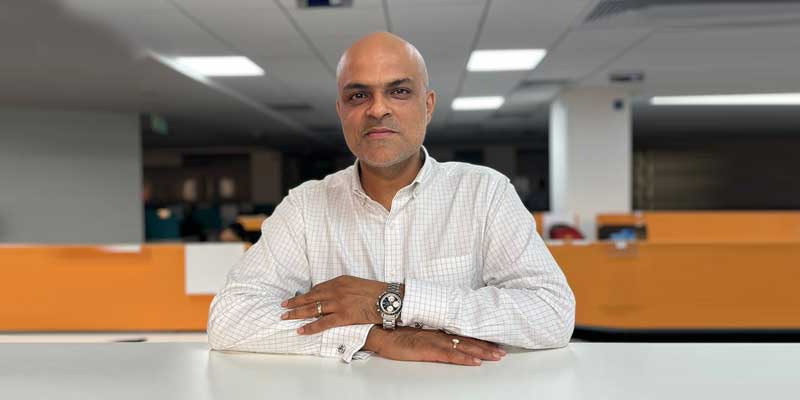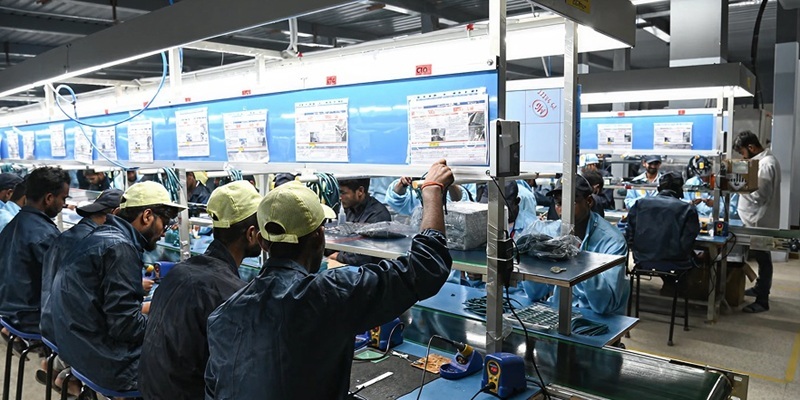Schedule a Call Back
Driving India’s industrial boom: Dhruv Taneja
 Articles
Articles- Feb 21,25

Related Stories

Caliber Interconnects showcases AMRs and robotic handlers at Automation Expo
Caliber’s Autonomous Mobile Robots (AMRs) are AI-driven, customizable automation solutions engineered for industries such as warehouse logistics, manufacturing, e-commerce fulfilment, healthcare, ..
Read more
Beyond fixed automation: The rise of dynamic factory systems
In this article, Emily Newton highlights how dynamic factory systems use AI and automation to boost resilience, efficiency, and flexibility in manufacturing.
Read more
Zetwerk acquires majority stake in KRYFS to power India’s energy future
This strategic acquisition creates a stronger platform for India’s energy transition with advanced digital manufacturing and transformer expertise.
Read moreRelated Products

Digital Colony Counter
Rising Sun Enterprises supplies digital colony counter.
Robotic Welding SPM
Primo Automation Systems Pvt. Ltd. manufactures, supplies and exports robotic welding SPM.

Heat Exchanger Scale Removal Compound -hesr-300
Hi There!
Now get regular updates from IPF Magazine on WhatsApp!
Click on link below, message us with a simple hi, and SAVE our number
You will have subscribed to our Industrial News on Whatsapp! Enjoy


















